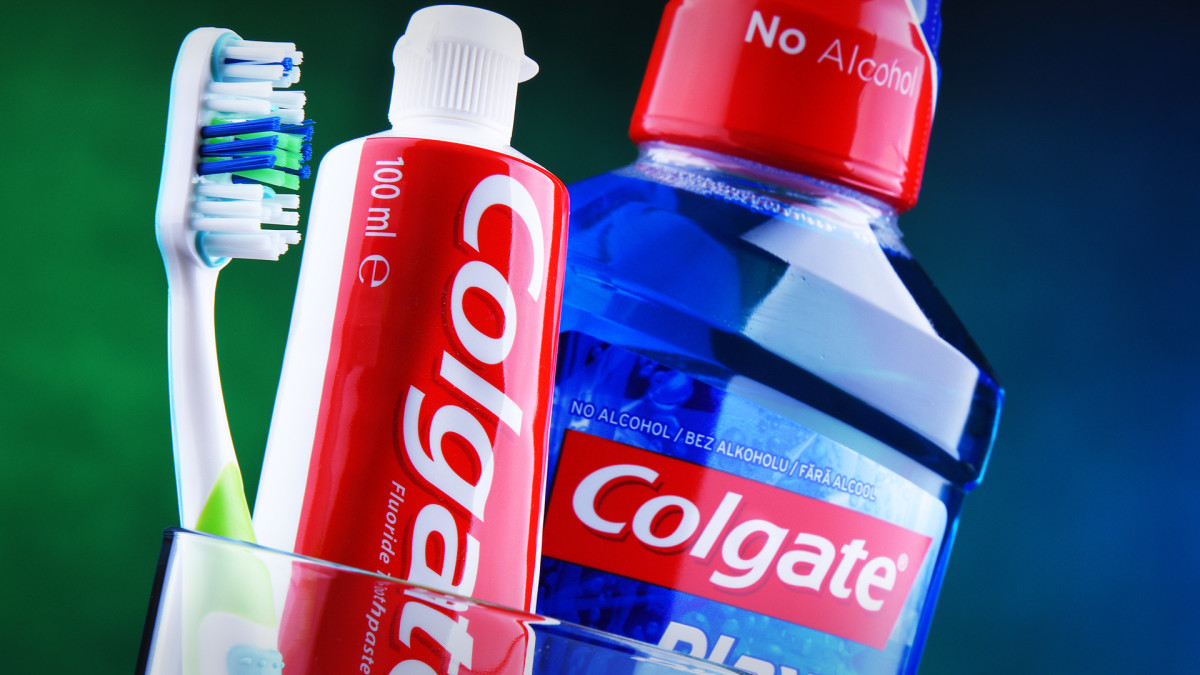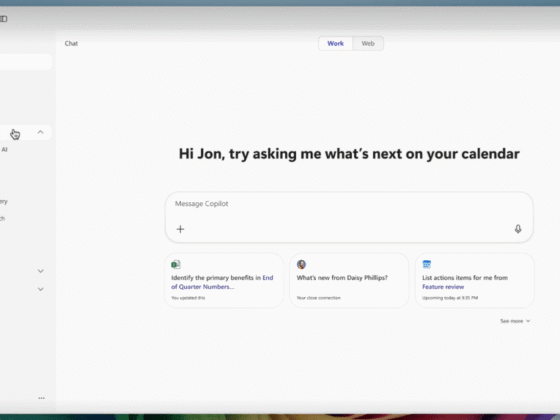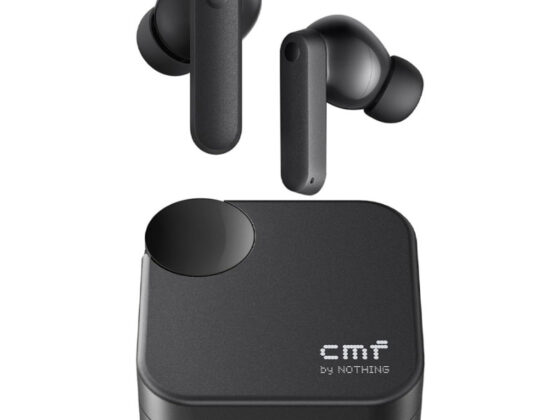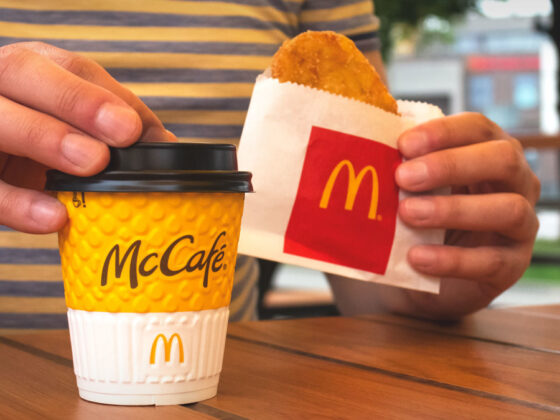Colgate-Palmolive (CL) beat expectations in its second-quarter 2025 earnings — but behind the modest gains, the consumer goods giant is flashing warning signs about changing shopping habits.
The company posted earnings per share of $0.92, an increase from the expected $0.90. Revenue also came in slightly higher than forecast at $5.11 billion.
💰💵Don’t miss the move: SIGN UP for TheStreet’s FREE Daily newsletter💰💵
But despite the positive performance, shares fell 2.4% in pre-market trading — a sign that investors were focused less on Q2's modest win and more on what it signaled: a consumer spending slowdown for the rest of 2025, especially in emerging markets.
CEO Noel Wallace acknowledged a noticeable shift in shopper behavior during the company's Aug. 1 earnings call. “We're sharpening our offerings to appeal to consumers who are looking for value,” he said, noting that many are using up products they have on hand and thinking twice before buying extra or premium versions of staples like toothpaste, soap, and cleaning supplies.
Related: Craft beer is dying, but this brewer is bucking the trend
That shift is starting to show in the numbers. While North American organic sales ticked up 1.5%, overall volume was flat — and fell in key regions like Latin America, where sales declined 7.2%. Asia-Pacific and Europe delivered mid-single-digit growth, but executives flagged signs of softening demand in both areas.
Overall, Colgate's Q2 organic sales grew just 2.4%, and volume remained pressured, despite modest price hikes. The company has now revised its full-year 2025 organic sales forecast to 2%–4%, down from 3%–5% earlier in the year.
Image source: Shutterstock
Purchasing habits are changing, even for essentials
For most of the past two years, personal care giants like Colgate have weathered inflation through price increases. But those price hikes may be reaching their limit.
“Uncertainty creates a pensive and anxious consumer,” said Colgate-Palmolive Chief Executive Noel Wallace, during the call.
Just a few months ago, during the Q1 call, he said, “You see consumers destock their pantries and not necessarily buy that extra toothpaste tube or that extra body wash.”
The trend seems to be continuing in Q2.
That's not just a warning about Colgate's margins. It's a signal that the entire household goods sector may be entering a new phase, where even essential purchases are no longer immune to economic pressure.
Related: Dollar Tree’s secret price warning: Look for this red flag
According to recent NielsenIQ data, private-label household product sales are up over 8% year-over-year, outpacing branded products. The trend of private-label vs. branded household products is especially pronounced in categories like oral care and home cleaning, which traditionally enjoy strong brand loyalty.
Pet food sales decline
Even Hill's Pet Nutrition — long considered one of Colgate's fastest-growing and most resilient business lines — is showing early signs of trade-down behavior, particularly in emerging markets.
“The company is dealing with a flat category operating environment in the pet food sector, particularly in North America,” Wallace said.
More on retail:
- Home Depot, Lowe's rival reveals mistake homeowners make
- Walmart launches new stores to target younger audiences
- Best Buy makes major store change with surprising new retail partner
“We cover a lot of the different pet food companies,” added Colgate-Palmolive Chief Investor Relations Officer John Faucher. “They all seem to be struggling.”
That may be cause for broader concern. Pet owners have historically proven resistant to trading down on food or health products, but signs of frugality in this category could be a red flag for premium brands across the board.
Tariffs, inflation, and the bigger picture
Colgate also pointed to persistent gross margin pressure, driven by raw material costs and tariffs. While the company has launched a new productivity program to manage costs, the broader message was one of caution.
And new tariffs announced by the U.S. just one day before the call — not yet included in guidance — may pose another risk to margins later in the year.
What it means for shoppers
Consumers should expect more options in the lower-priced tier. The fact that even toothpaste and pet food — once considered recession-proof — are feeling price pressure in 2025 says a lot about the average consumer's mindset: cautious, stretched, and increasingly willing to make compromises.
Related: Costco accused of massive violation of members’ trust













